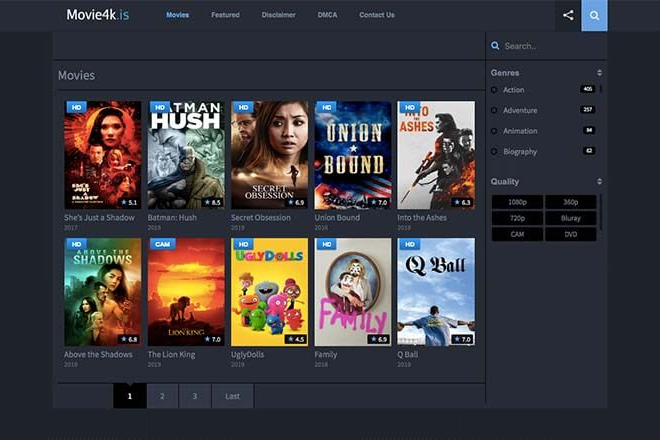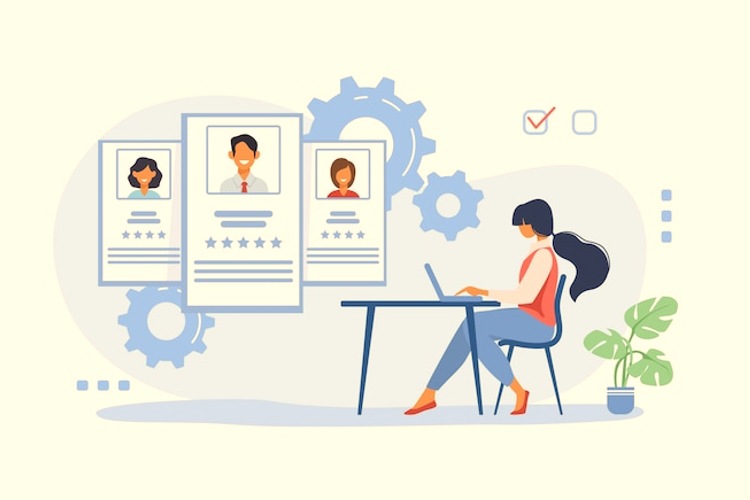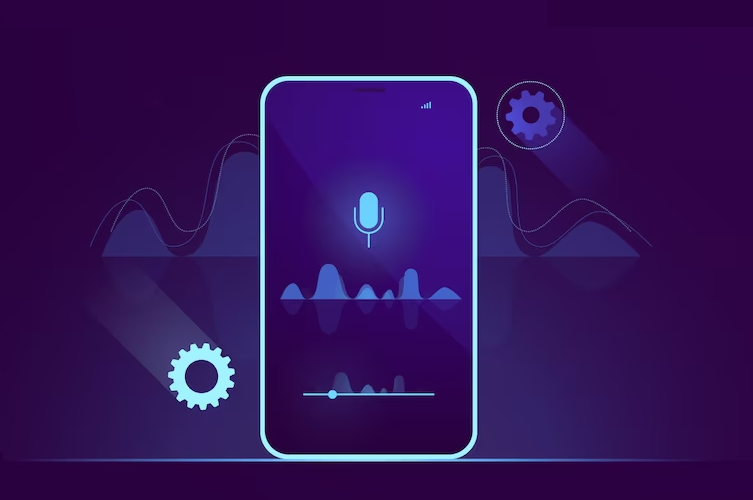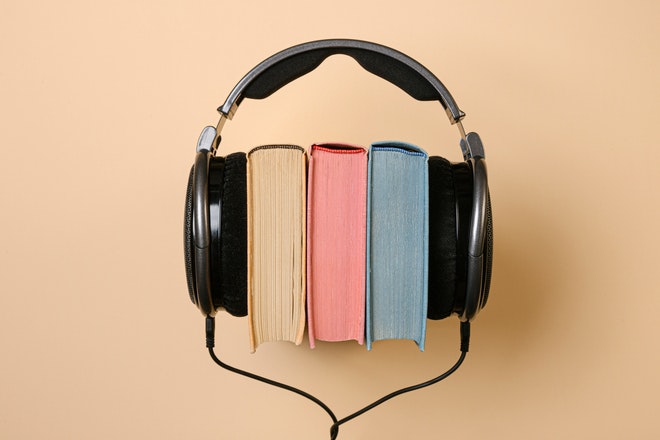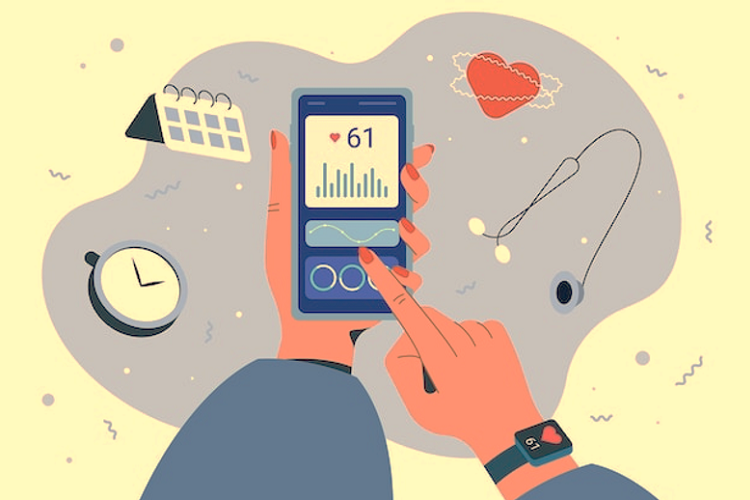Education is something we all value and that sets us up to succeed in life. Without the skills and knowledge we learn at school, for example, we would not be able to carve out a vibrant career or navigate the world around us. The education industry does not achieve this automatically though, and the impact it has is built firmly on the efforts of professionals within it.
Although teachers, professors and tutors are the most obvious illustration of this, there are lots of other key roles within education to celebrate. The school counselor is certainly one, and is a very important role in any college, school, university or special educational facility.
Counselors in settings like these play a crucial part in not only helping pupils perform to their best academically but also address any pastoral issues they may be experiencing. This, in turn, sees school counselors tackle behavioral issues with students, social problems they might be facing or offer support on a range of things that could be impacting their educational journey.
What is play therapy in school counseling?
The role of school counselor is focused on using a variety of proven methods to help students reach their full potential. The methods used can also be valuable for helping students overcome personal challenges and become well-adjusted adults in future life.
One of the most interesting techniques used to achieve this is play therapy. This is an effective approach that can help build a strong, trusting relationship between pupil and counselor. It mainly centers on using play media to help students express and understand themselves.
Play therapy is effective for helping students grow on a personal level and communicate in an effective, understandable way. Counselors who have been trained in this method are also adept at observing how a pupil engages with play media and what this may suggest.
How does one learn more about play therapy as a school counselor?
For those that are planning to move into this sector or already working in school counseling, play therapy is an important technique to have in a professional toolbox. But how can one learn more about it and how to best implement it?
The best option is to enroll on an academically sound program of study which includes play therapy in its curriculum. This ensures prospective counselors gain the latest knowledge on the subject from a trusted and respected educational institution.
The master’s school counseling online degree from St. Bonaventure University Online is one of the most popular examples to consider. Their counseling master’s degree has a specific module dedicated to play therapy and the philosophical basis for using it. In addition, it teaches students a framework for play therapy and the application goals of the technique.
What value does play therapy have for school counseling?
Just as the benefits of peer learning in education make this something to consider, the advantages that play therapy has for school counselors makes it something to think more closely about. But what benefits does it have in this type of setting specifically?
Perhaps the first one to mention is the positive impact it can have on a student’s behavior and academic performance. This can be especially true for pupils who have experienced some kind of trauma in their past that is affecting their behavior negatively in the present. It may also be especially effective for students who have experienced events in their past that leave them socially awkward or unable to interact with people normally.
By using the medium of play as the vehicle for therapy, it enables students to work through traumatic life events in a way they find most useful. This may see them being able to process the event through play and start to move past it. This can then have a beneficial effect on their future behavior and academic progress, as they are able to process what has been bothering them.
Of course, play therapy’s overall positive effect on academic study and/or behavior can also be seen in pupils needing support who are not processing a traumatic event. The relaxing effects of play, for example, can be effective when helping children cope with certain conditions or help students who may feel down or are struggling with studies at that particular point in their life.
Helps with deeper insights for counselors
Play therapy is also valuable for school counselors due to the insights it can offer into what might be troubling a child. Very often, these insights may be impossible to draw out of them verbally, or hard to make sense of, if the child cannot fully explain themselves in words.
Play, however, is something children are naturally adept at and therapy in this setting could see them better able to express themselves. A trained school counselor can objectively review the content of any play therapy sessions and see if this can help them get to the root of any problems. A good example might be using drawing in a session and seeking to gain further insights from the pictures the student produces.
Safe and comfortable for children
One of the main things school counselors should focus on is the most effective way to engage with students. It really does pay to connect on their level and in a way they are willing to go along with. If this is not achieved, pupils may not open up at all about what is troubling them or what is holding them back academically.
Play therapy works so well in educational settings because it is something that children feel comfortable with. Play is a natural expression for all children, and this means counselors are providing help in an environment they feel comfortable in. This is ideal for allowing them to feel free enough to express themselves and safe enough to communicate fully.
This kind of therapy also has the distinct advantage of being less formal and less guided than standard sessions. Rather than having to sit in a chair and answer difficult questions, students are left to play and effectively set the agenda for the session. This not only sees them more ready to engage with counselors, but also makes it less likely for a therapist/pupil power struggle to occur.
Accessible for all students and families
In addition to being a safe and comfortable option for schools, play therapy is also accessible for all children. As school counselors who have been trained in this technique can utilize it effectively, it means families can easily access it through their child’s educational institution if need be. This is especially crucial for lower income families who might not otherwise be able to pay privately for this help.
Accessibility is also a major part of this therapy for school counselors in terms of pupils. As it relies only on a child’s natural ability to play, it is something that can literally be used to help any student. It does not rely on good language skills to work, for example, or a child having the confidence to express themselves to an adult. This makes therapy that involves play something that counselors can use to help all their students.
Improves pupil/staff relationships
One awesome benefit of play therapy for school counseling lies in the improvements it can drive in student/staff relations. This is not just between the pupil and counselor, but also the student’s bond with staff members across the school.
But how does this work? In simple terms, pupils who may feel some sense of distrust with staff members (or adults in general) can start to overcome this during play therapy sessions. As they start to see the counselor as someone who is trying to help, someone who is non-judgemental and someone who is to be trusted, they start to see this in other staff members too. As a result, this can see their attitude towards staff improve, and lead to more engagement in classes.
Can help stimulate fine and gross motor skills
Although therapy within schools can often revolve around emotional support, play therapy can also prove valuable physically. This is because encouraging pupils to engage with play media may help enhance their fine and gross motor skills, depending on what they play with.
This may not seem a major breakthrough, but it can really help some pupils perform better — especially those who might not have many toys to play with at home. Playing with toys that build fine motor skills, for example, could see a child’s writing improve as they can hold a pen better. Using play to build gross motor skills could enable them to enjoy PE lessons more and be able to engage more fully with them. These two examples show just why the ability of play therapy to build motor skills is so valuable for school counseling.
Cost effective way for schools to help
Most schools, colleges and universities already have the resources they need to start offering play therapy to students. This might be in the form of qualified school counselors and play media which is already present in their classrooms.
This makes therapy that involves play a cost-effective way for educational institutions to offer top-level support to pupils. With everything already in place to start running sessions, educational institutions do not have to buy expensive additional resources to facilitate them. This means schools, colleges and universities have more money to spend in other areas — while still being able to provide the best pastoral and academic help.
What are best practices for play therapy in school counseling?
The above shows that this kind of therapy has some clear advantages when used in the school counseling niche. To get the most from it though, it is essential to adopt best practices when using it. The major ones to pay attention to are:
- Consistency — it is key to ensure the play therapy session happens at the same time and at the same place on a regular basis.
- Confidentiality — the session and its contents must be kept confidential, so the child feels safe enough to express themselves.
- Consent — the child and their parents/legal guardian must agree to the sessions in advance.
- Commitment — the counselor and pupils’ family must be committed to helping the child in question.
- Non-intervention — unless it is essential for the child’s safety, counselors should let the student play without any direction or intervention. While they may be involved in playtime or observing it, they should not set out what is happening or where it will head next.
Although this is only a brief overview of some of the most widely seen best practices around play therapy, it does give an idea of what this involves. To get the most from this type of approach, counseling professionals in educational settings must be prepared to adopt them.
Will we see play therapy more common in schools moving ahead?
Data from the CDC around mental health issues in US children shows that around 5.8 million now have anxiety, and around 6 million have ADHD. While this is just a snapshot, it does show that school counselors may well now be providing support to many pupils with issues such as these.
To do so effectively, they will look to use counseling methods that enable them to connect with pupils in a way they find comfortable and that produce results. Play therapy fits the bill and for this reason it is likely that it will only continue to be seen in more schools, colleges and universities as time moves on.
If the statistics around mental health issues in US children rise over time, then it could be that counselors in institutions like this rely on play therapy more and more. For people in this profession, this means that it is wise to know what this type of therapy is and how to implement it.
Wrapping up
There is no doubt that school counselors do a very important job and help students achieve their true potential. This is not just academically but also in a personal sense. One of the major reasons they are able to do this is the range of techniques they can use to provide support to students.
Play therapy is certainly one of the most crucial and one that has several valuable benefits. This makes knowing how to use this sort of therapy essential for counselors in education and something that will likely be called for more in future.







